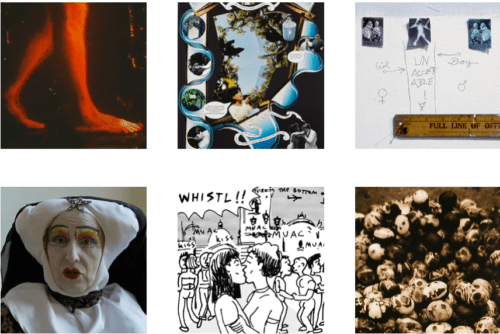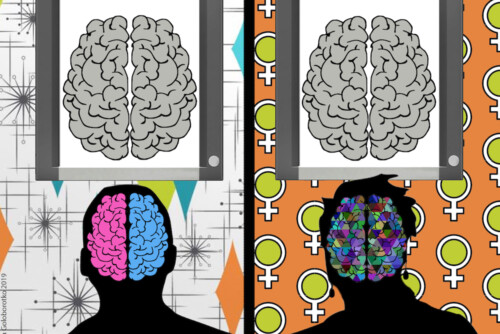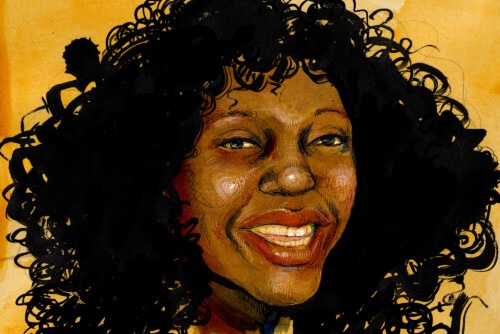Performing Respectability through Masculinity
Reza Marmoulak continues to disguise himself after he is mistaken for a clergyman sent to give the sermons in a small-town mosque. Masses of disenchanted people begin flocking to the mosque to listen to him. After escaping from prison and passing as an akhund, Reza Marmoulak moves in and out of a respectable masculinity by exposing what is codified as pious manliness in the Islamic Republic, bringing its contradictions to the surface. Respectable masculinity in Iran shifts between two forms of masculinity: the pious masculinity of the clergyman performed through religious appearance, and the decent masculinity of the citizen-subject performed through its submission to the disciplinary practices of an Islamic state such as Islamic appearance. Indeed, the juxtaposition and division between these two forms of masculinity—pious and respectable—versus a hyper-sexualized masculinity have, as I mentioned above, been a source of tension and contradiction in the Iranian political sphere. As I pointed out earlier, Reza Marmoulak’s hypermasculinity begins to come into focus when he encounters the mother and daughter on the train. His interactions with the women do not end, however, when they move to another car. It turns out that they happen to live in the same town where he is supposed to settle, and where he continues to disguise his flirtation with the daughter as compassion. 1
The film strategically visualizes Reza’s hyper-sexualized masculinity and the clergyman’s respectable masculinity by showing Reza’s body in particular locations and its proximity or distance from other bodies (both male and female). The hyper-masculinized body of Reza the thief illustrates an enormous capacity for both bodily pleasure and strength beyond moral rules and regulations, and beyond the boundaries of what is permitted or prohibited. The film exposes these capacities through a number of visual and textual strategies including gender mixing (whenever Reza Marmoulak comes into contact with the young married woman with the violent husband); bodily potentiality and strength (when Reza tries to discipline the violent husband); pleasure (displayed when Reza listens to music); and finally, illicit language (Reza’s use of a vulgar and sexualized language). For example, one day, Reza Marmoulak is called on by people in the neighborhood to intervene as the husband batters his wife. At this point, Reza Marmoulak becomes emotional (after all, he is sexually attracted to the young married woman), abandons his respectable masculinity as the clergyman, and turns into the hyper-masculine thug, climbing the wall and beating the husband to teach him a lesson about respecting his wife. In the absence of any institutional support for battered women and domestic violence in the Islamic Republic, Reza’s hyper-masculinity becomes more useful in containing and taming the violent husband.
By employing passing as a narrative strategy, the film challenges notions of identity as predetermined and shows respectability, criminality, and masculinity to be defined by modern notions of class, nation, religion, and gender. While foundational narratives of identity continue to be central in distinguishing the religious from the secular, the criminal from the pious, and the clergyman from the common man, in addition to constructing hegemonic forms of masculinity in relation to subordinated forms of masculinity, the insinuation of passing in the movie opens up space for an interrogation of visibility, performativity, masculinity, and respectability.
- By replacing compassion with sexual playfulness, Reza’s interactions with the women is redefined as based on religious values and the benevolence of the mosque clergy man. For a fabulous discussion of compassion see Berlant, 2004.[↑]



